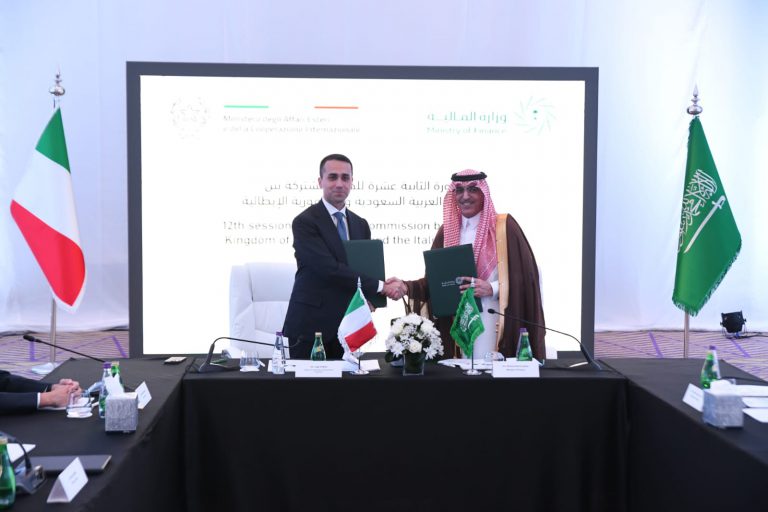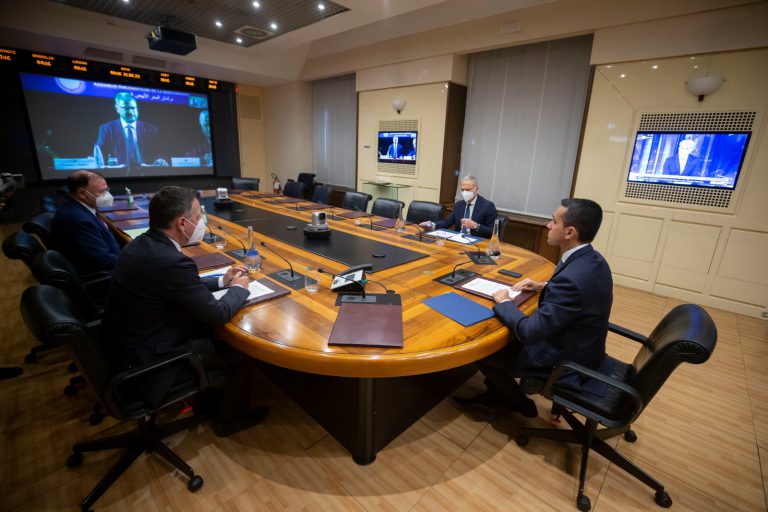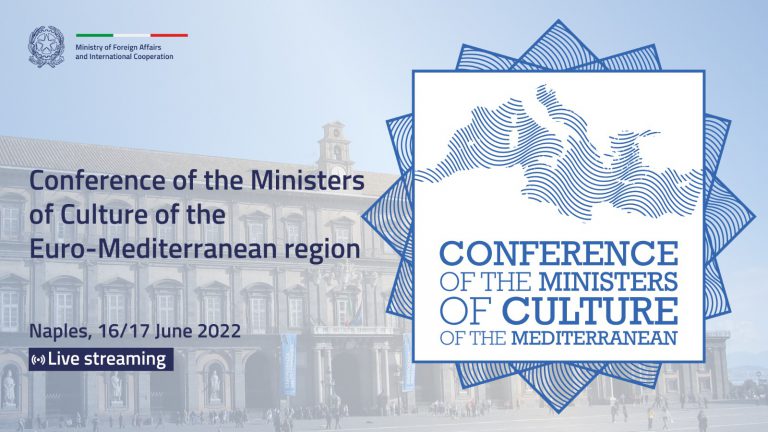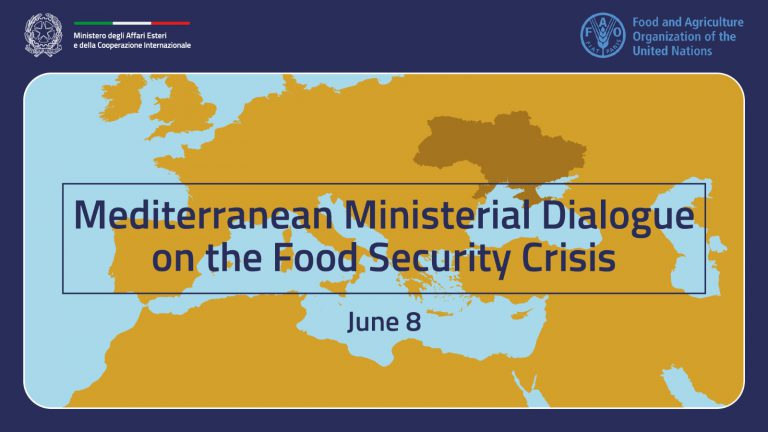There’s still time for negotiations – of that, Emma Bonino is sure. The United States will wait a few more days before they launch missiles on Syria. In the meantime, we can try to bring politics back into play, especially as Europe seems to have at last found a common position (or at least something resembling one) and can attempt to perform its role. To reach this common position, Europe had to sign, among other things, a strongly worded document condemning Assad, something that the United States wanted very keenly. In the end, Germany too signed, having had second thoughts – thanks in part to our Foreign Minister’s efforts to convince her German colleague, Westerwelle.
Minister Bonino, doesn’t this document run counter to the Italian line?
“The Italian position hasn’t changed. Prime Minster Letta, Minister Mauro and myself have on several occasions expressed our firm condemnation of the use of chemical weapons. ‘Transatlantic solidarity’ has never been placed in doubt and the fact that we signed the document proves just how sound our bond with Washington is. Just as it proves the depth of our understanding of the political reasons underlying the USA’s position. But we reiterated to our American friends our opposition to any military action decided outwith the United Nations, and before the inspectors have presented their conclusions on this odious chemical weapons attack”.
If we could turn back time by two years, would you still be in favour of international intervention in Libya?
“Libya and Syria are two very different situations. Libya has a tribal system that still has strong roots, with militias of different loyalties continuing to play a fundamental role in ensuring security in their areas of influence. In Syria, on the other hand, there was a state governed through the iron fist of the Alawite minority, which maintained important alliances with the Sunni elements of the country and with religious minorities. But that equilibrium has been lost. Assad opted to exert wholesale, bloody repression against his own people and, like Ghadaffi, sooner or later he will have to pay the price. But external military intervention isn’t the way to stabilise the country, when even within the opposition there’s an open struggle. And I don’t see any faction on the ground that can take the upper hand”.
Italy is calling for a “political solution” to the Syrian crisis. What form could that take?
“The situation that will emerge after the G20 and the Foreign Ministers Informal in Vilnius will probably give us a ‘window’ before any military action is taken. During that time, we must work hard to identify alternative proposals that can attract the greatest consensus possible. Once the inspectors have presented their report, we must hope that a resolution that is acceptable to all can be placed on the table. The political solution that Italy has supported was sketched out by Geneva 1. It envisages a number of steps such as a ceasefire, the creation of a provisional government, the return of the refugees…”.
Before the massacre of 21 August many observers were convinced that, in view of the results of the revolutions in Egypt and Libya, the West had decided to leave Assad in place. Is that still the case?
“Sooner or later, Assad will be forced to leave power. History, and Assad’s own people, have condemned him for ever. So the question is not if Assad will stay, but when he’ll be forced to go. Not even his allies, like the Russians, think he represents Syria’s future”.
Is it still possible to believe in democracy in the Arab countries?
“Of course it is. The Arab awakening, with all continuing shockwaves, marked the start of a process keenly desired by the Arab peoples to achieve a society where all elements of that society can express themselves freely and exercise their fundamental rights. Maybe there is not yet a full realisation that with rights come duties. Many steps remain to be taken to achieve full democracy in those countries. But we in the West too, and especially here in Italy, should not be handing down too many lessons when we in turn are being criticised by international bodies over our justice system, the way we treat prisoners…”
How did Washington take the Italian position? Is it true that the United States are annoyed with us?
“The facts speak for themselves. The United States were not annoyed at all. They simply clarified that the aim of their diplomatic efforts was to obtain political support for their line, and not necessarily our participation in a possible military initiative. And Italy has never failed to provide that support”.







